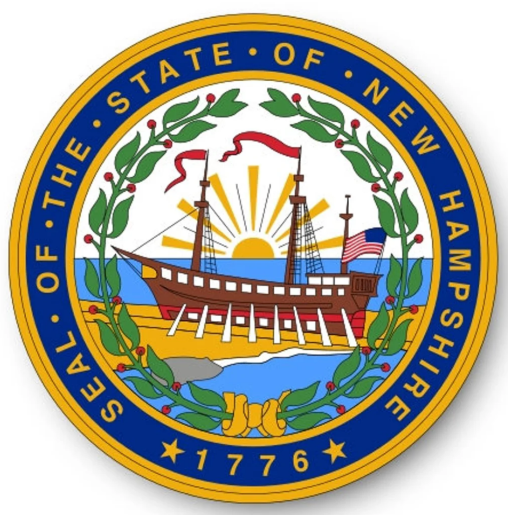
New Hampshire House Executive Departments and Administration Committee
February 6, 2023
New Hampshire House Executive Departments and Administration Committee
February 7, 2023
How Universal Recognition Reform Matters in New Hampshire
Sriparna Ghosh
Assistant Professor of Economics
University of Cincinnati, Blue Ash
House Executive Departments and Administration Committee
Jan 19, 2023
Chair McGuire, Vice Chair Simon, and all distinguished members of the House Executive Departments and Administration Committee:
Thank you for allowing me to testify regarding licensing reform in New Hampshire. I am an Assistant Professor of Economics at University of Cincinnati, Blue Ash. I am also a research affiliate with the Knee Center for the Study of Occupational Regulation at West Virginia University.
The main takeaways of my comments are the following:
1. According to Dr. Morris Kleiner occupational licensing leads to an 11.4 percent reduction in the number of professionals.(1)
2. According to a national ranking, the burden of occupational licensing worsened for New Hampshire by 5 spots relative to other states from 2017 to 2023.(2)
3. Since 2017 licensing fees have increased in New Hampshire.
Where does New Hampshire stand? – Impact of universal recognition on other states
Research shows that occupational licensing reduces the supply of workers in a profession. Morris M. Kleiner estimates that states without licensing experienced 20 percent faster growth in the number of professionals than states that licensed in certain professions. Across a larger sample of professions, Kleiner found that due to barriers created by occupational licensing there is an 11.4 percent reduction in the number of professionals and a reduction of interstate mobility of licensed workers by 36 percent compared to similar unlicensed workers.(3)
According to the Institute for Justice, New Hampshire requires licensing for 37 professions out of 102 low- income professions and ranks 19th in terms of average burden of licensing.(4)
Meanwhile, states like Arizona and Ohio already adopted universal recognition and opened doors for out-of-staters to work. This reform will increase the workforce in Arizona by 45,000 people and increase the state’s GDP by $1.5 billion over the next decade.(5) More than a half of dozen states have enacted strong licensing reforms of their own to attract new businesses and workers.
Overall Bae and Timmons (2022)(6) found that universal recognition increased migration of licensed individuals into states with the policy relative to states without. They also found strong evidence that the policy improved the interstate mobility of individuals with potentially high relicensing costs due to state-specific licensing exams.
Deyo and Plemmons (2022) suggested that counties without universal recognition bordering states with universal recognition experience a net loss of eleven tax filers, twenty-two dependents, and $1.72 million in adjusted gross income.(7)
In summary, reforming occupational licensing by making it easier for workers in the hairstyling industry to move to New Hampshire will be consistent with policy that enhances economic growth.
1,3 Bayne, Ethan, Conor Norris, and Edward Timmons. “A primer on emergency occupational licensing reforms for combating COVID-19.” Mercatus Special Edition Policy Brief (2020).
2,4 Carpenter, Dick M., et al. “License to work: A national study of burdens from occupational licensing.” (2022).
5 https://www.buckeyeinstitute.org/research/detail/the-buckeye-institute-leads-coalition-urging-ohio-lawmakers-to-adopt-universal-occupational-license-recognition
6 Kihwan Bae and Edward Timmons. “Now You Can Take It with You: Estimating the Effects of Universal Recognition on Interstate Migration” (Working Paper)
7 Deyo, Darwyyn, and Alicia Plemmons. “Have license, will travel: Measuring the effects of universal licensing recognition on mobility.” Economics Letters 219 (2022): 110800.



